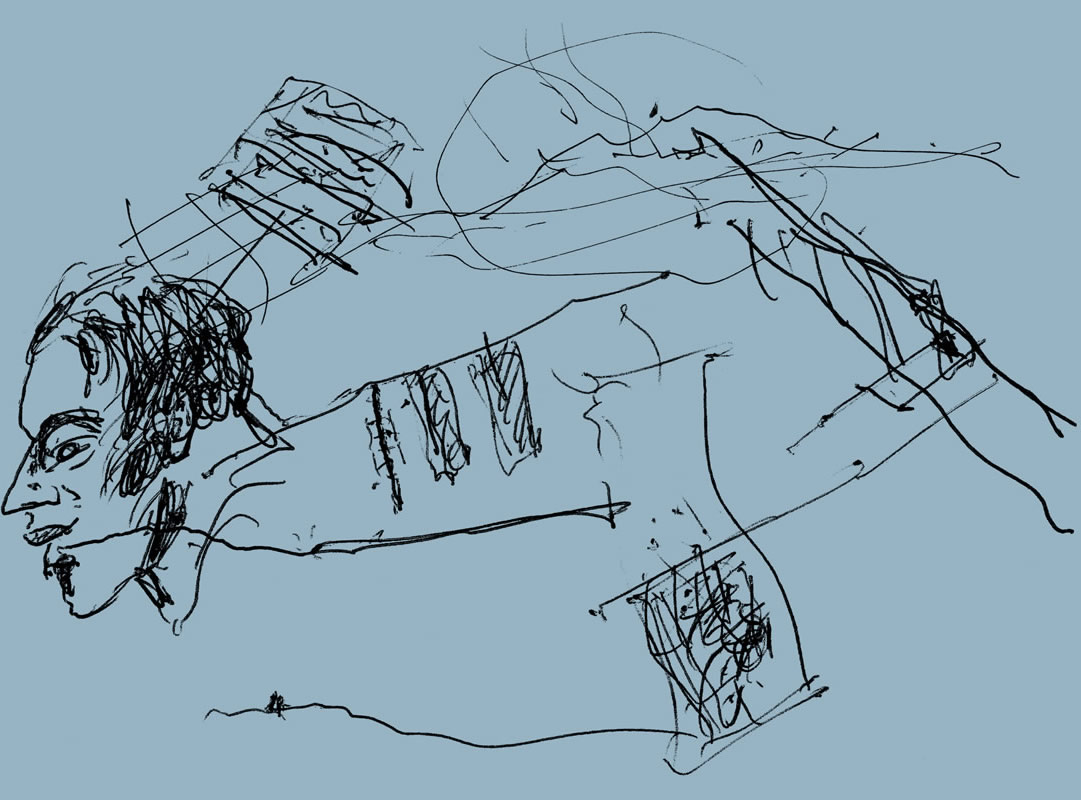The latest instalment of our series of AR Reading Lists: seven carefully chosen pieces from our archive, free for registered users
‘This work regime isn’t working. It’s killing us’, writes Maria Smith in the Play issue (AR May 2021) keynote. This regime divided our days into ‘work’ and ‘leisure’, while smartphones and 24/7 communication blurred the space in between. Our lives are reduced to parcels of time which are then packaged into one of the biggest tools of the capitalist system: the job. As work becomes bound to our sense of self and identity, supporting our right to have a space to live and a sense of security, the boundaries between the office and home are torn down. The spaces in which we demarcated as for leisure are no longer our own, and spaces for labour spill out onto the streets and into the home. This week’s reading list brings together seven essays from the archive on the spaces and systems that support work.
Register for free to read today and receive the AR Reading List straight to your inbox. Stay safe, and happy reading!
Play the system: labour, leisure and normal life, AR May 2021, Maria Smith
‘You can pay workers a fraction of their value because they have no choice but to accept the terrible deal. If they don’t, you can warehouse them in prisons’
Desk job: a short study of the surfaces on which we toil, AR June 2020, Elise Limon
‘The laptop comes close to rendering the desk obsolete, or perhaps just mitigates old associations. The portability of our writing and work means that most surfaces can take on a desk-ness’
There is no reason why the office as a building type should not re-invest itself with a sense of belonging, AR May 1992, Richard MacCormac
‘The word ‘office’ itself is a powerful one. We speak of the ‘Papal Office’, and of ‘high office’, and the Vatican, the White House and the Mansion House all have concrete significance to us as symbols of those different forms of office’
Work on, work on, but you’ll always work alone, AR February 2016, Jack Self
‘There is a desperate fear of being left behind, of exiting the loop, of becoming irrelevant, and so we take our work with us. And technology has made that portability easier’
Why we all need a shorter working week, AR March 2014, Anna Coote
‘Time is much more than a unit of exchange. It can be a gift, a sacrifice or an object of plunder. Time can travel faster in old age than in childhood. Yet our economic system assigns it no value whatever’
Waging war: pay for domestic labour, AR September 2019, Edwina Attlee
‘To have a wage, even in an exploitative job, means you are part of an explicit social contract: you do the work, you get paid. You can quit or get fired, you can get a new job; neither of these options is possible for the unwaged housewife’
Typology: Offices, AR August 2012, Philip Ross
‘The working day no longer starts with a bell or the stamp of a time card for most office workers, but the blurring of the boundaries and the spheres, driven by technology and globalisation, have changed the nature of where, when and how work will take place now and in the future’
Subscribe today to join the conversation and help support independent critical architectural writing. Digital subscriptions are available and all our content is available online, anywhere in the world
 The Architectural Review An online and print magazine about international design. Since 1896.
The Architectural Review An online and print magazine about international design. Since 1896.


